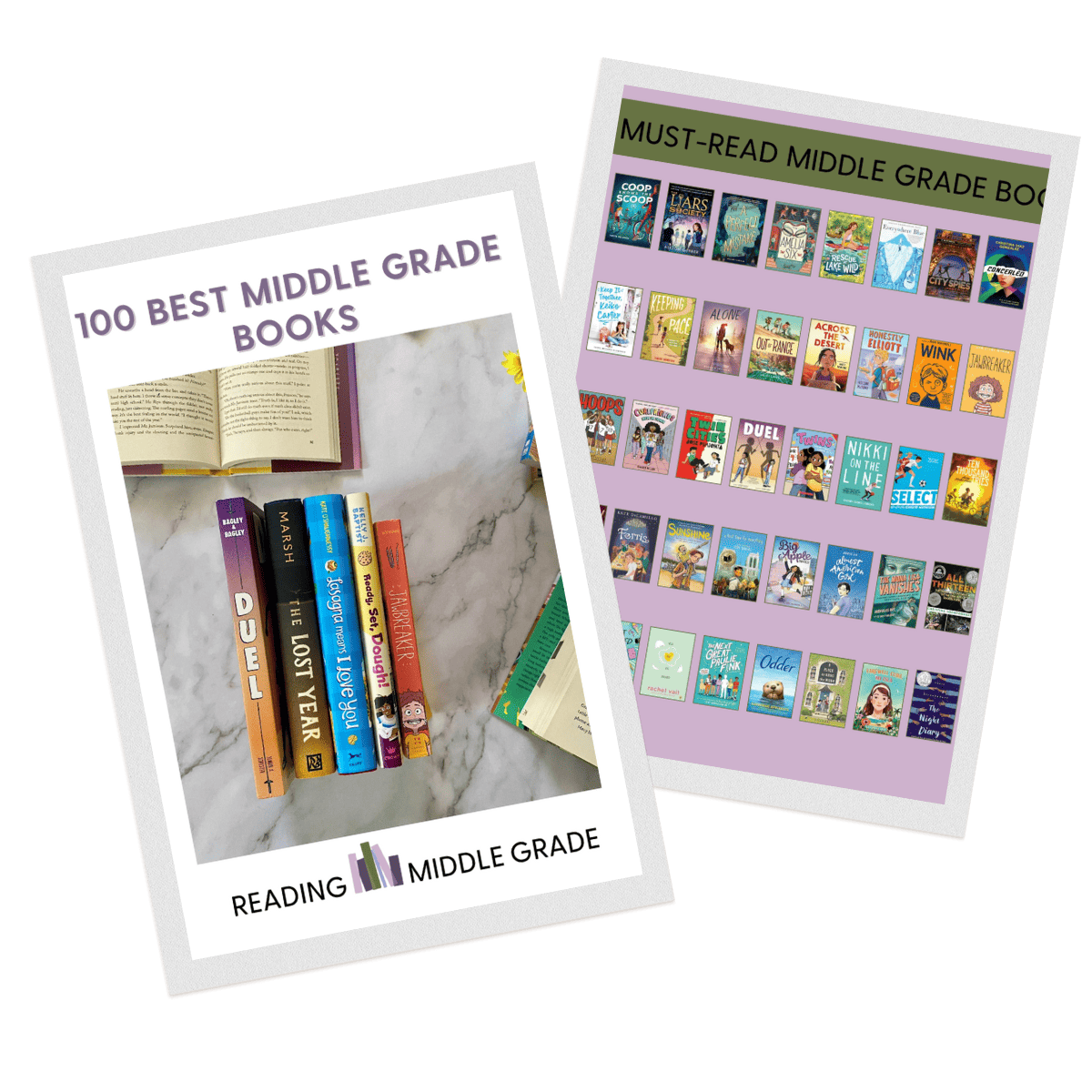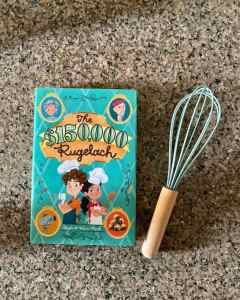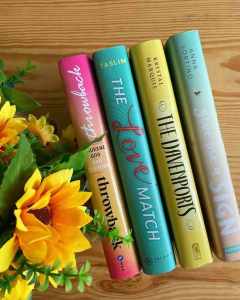Jennifer Camiccia is the author of the debut middle-grade novel, The Memory Keeper. I enjoyed the highly engaging mystery, as well as its STEM connections and the inclusion of a grandparent with Alzheimer’s. You can read my full review of The Memory Keeper here.
In this interview, we discuss why she wrote about such a strong grandparent-grandchild bond, parental mental illness, HSAM (Highly Superior Autobiographical Memory), and why to her, science and storytelling will always be linked. Of course, we also talk about more fun stuff like traveling and horses — all for you below. Enjoy!

Hi Jennifer! Thanks so much for agreeing to this interview. I enjoyed The Memory Keeper and loved the bond between Lulu and her grandmother.
Thanks so much! I’m so happy you enjoyed it 🙂
Why did you decide to focus on the relationship between a grandparent and grandchild? Lulu and her grandma obviously care so much for each other. Did you have a particularly influential grandparent?
I had a very close relationship with my grandmothers—they were both amazing and loving to me. But the inspiration was really my own mother and how close she is with her grandchildren. Especially, my youngest niece who my mom helped take care of quite a bit when she was younger.
Your book is the first one I’ve read about HSAM. How did you learn about HSAM and why did you decide to write a character with HSAM? The Memory Keeper is also very STEM-inclined with the chapters named after parts of the nervous system. I’m curious, do you enjoy science?
I sort of stumbled across what HSAM was after reading an article showing the differences between eidetic and biographical memory. I was fascinated with the idea of a person remembering every day of their life. How would that affect relationships with people, especially if that person was still young and figuring themselves out?
As for your question on enjoying science—I’ve always been interested in how the brain works and how rapidly the science about it changes and grows. My dad is a doctor and while I was growing up, he often talked about diagnostics and disease. Diagnosing an illness reminded me of a detective trying to solve a complicated mystery, like Sherlock Holmes or Agatha Christie (both my favorites growing up). Because of that I suppose STEM topics, for me, are very connected to literature, and I often think about ways to incorporate them in my stories.
You’ve lived in several cities and countries throughout your life, but not in Russia! What inspired you to include Russia in this story? (Loved seeing all the Russian phrases as I lived in Ukraine for three years :)) Which is your favorite place you’ve lived in so far?
I visited Moscow in the early nineties and fell in love with it! In preparation for my visit, I’d studied the language so that I could converse. I think the locals appreciated the effort and I found the people to be very warm and friendly. It’s definitely one of my favorite countries that I’ve visited so far.
My favorite place I’ve lived is the San Francisco Bay Area. I love the mild weather and the variety of nature. Since I grew up in Hawaii, being close to the ocean is important to me. But I also love having the city close when I feel like seeing a play or visiting a museum.
I loved Lulu’s friendships with Olivia and Max and their shared love for horses. Do you enjoy horse-riding?
I started taking riding lessons when I was about eight and had my own horse until I was about thirteen. I will always love horses, but I haven’t had time to ride in a few years. I hope to remedy that one day soon.
A few middle-grade books include parental mental health issues — most notably Tae Keller’s The Science of Breakable Things and Cindy Baldwin’s Where the Watermelons Grow. Why do you think writing about parental depression or other mental illnesses in children’s books matters? Why did you choose to mention that and the effect it has on Lulu in this book?
I think writing about parental depression or mental illness matters because it’s a very real thing. If a child can see a problem they are experiencing written down in a book, it can go a long way to helping them feel less alone. And, maybe, even ask for help when they otherwise wouldn’t.
I chose to mention the effect on Lulu because I’ve seen first hand how damaging it can be when a child thinks they’re the reason a parent is suffering. Keeping secrets often leads to a child jumping to erroneous conclusions. That’s why it was so important to me that Lulu and her parents were honest with each other at the end.
Now some fun questions:
What do you like to do when you’re not writing? (aka what do you for fun?)
Fun? What’s that? Haha…just kidding. Um, well, I know this is going to seem like cheating but I love to read when I’m not writing. I’m a true bookworm. But, I guess I also love to go to the beach and go on hikes with my new puppy.
Which great middle-grade books have you read recently?
I just read an ARC of Heidi Lang’s new book, Wrong Way Summer. It was so cute!! I highly recommend it. I also really loved Planet Earth Is Blue by Nicole Panteleakos.
Can you share anything about what you’re writing next?
I just finished a middle-grade book set in Hawaii about a girl who is a polyglot. That’s all I can say for now…
Thanks to Jennifer Camiccia for answering my questions, and to Simon & Schuster (Aladdin) for an ARC of this book!
The Memory Keeper By Jennifer Camiccia is Out October 15
More Interviews with Middle-Grade Authors Like Jennifer Camiccia
Do you think children’s books should cover serious issues such as parental mental illness? What are you favorite STEM middle-grade books? I’m compiling a list soon and would love to hear your contributions!














What do you think? Leave a comment